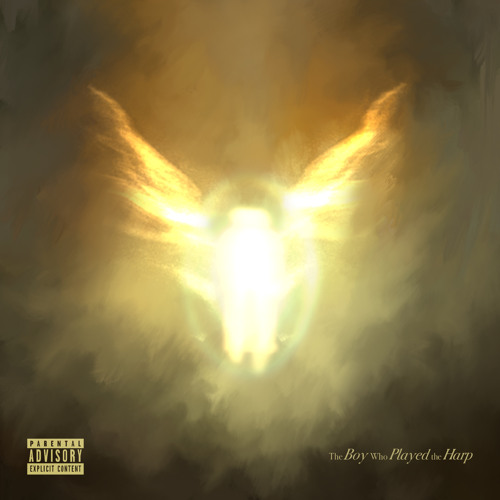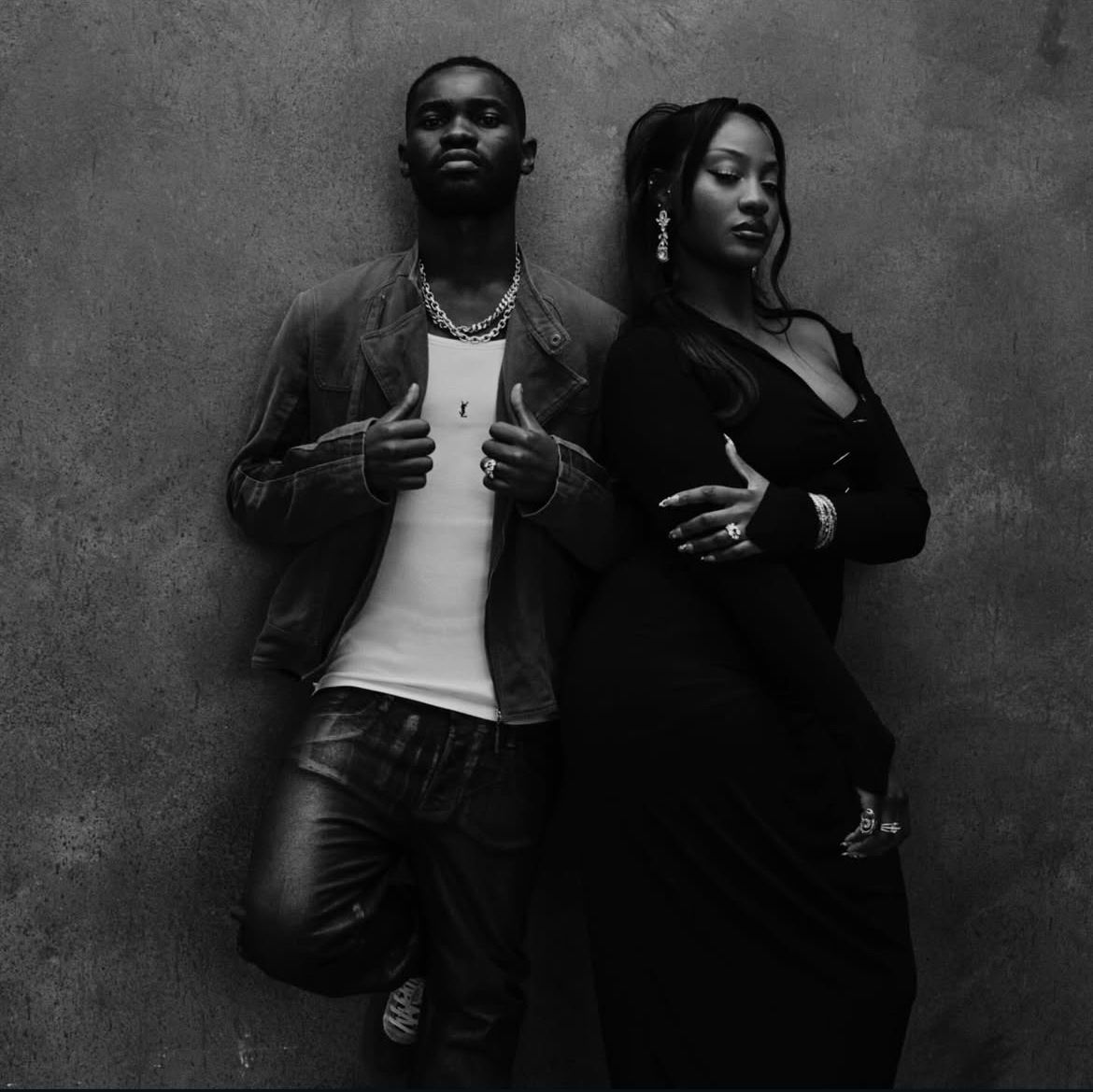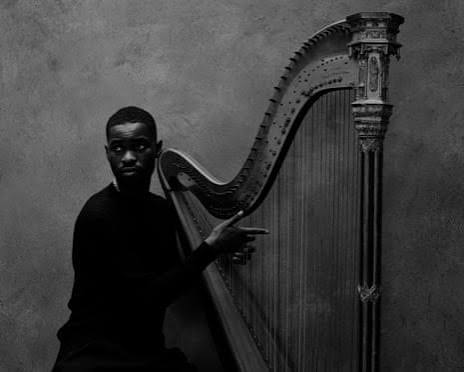British rapper Dave — also known as Santan Dave — has officially returned with his highly anticipated third studio album, The Boy Who Played the Harp, released on October 24, 2025.
After nearly four years away from solo projects, this album marks a defining moment in his career — a moment of deep reflection, artistic evolution, and vulnerability. Known for his storytelling and thought-provoking lyrics, Dave once again reminds the world why he’s considered one of the greatest voices in UK rap.
A Long-Awaited Comeback
Dave’s first two albums — Psychodrama (2019) and We’re All Alone in This Together (2021) — earned him critical acclaim for their raw emotion and honest exploration of mental health, fame, and social issues.
But after that success came silence. Fans waited years, wondering what direction he would take next. The rapper remained mostly quiet on social media, sharing only glimpses of his studio sessions and poetry. That silence now makes sense — Dave was creating something special.
With The Boy Who Played the Harp, he delivers an album that feels both deeply personal and universally relatable. It’s not about fame or flexing — it’s about growth, purpose, and emotional truth.
The Sound and Vision of the Album
This new body of work features 10 tracks, blending soulful production with poetic storytelling. The album includes standout collaborations with Tems, James Blake, Kano, Jim Legxacy, and Nicole Blakk.
Notable Tracks
History” (feat. James Blake)
“Chapter 16” (feat. Kano)
“Raindance” (feat. Tems)
“Fairchild” (feat. Nicole Blakk)
“Selfish” (feat. James Blake)
“The Boy Who Played the Harp” — the emotional closer of the album
 THE BOY WHO PLAYED THE HARP - DAVE
THE BOY WHO PLAYED THE HARP - DAVE
Each song dives into a new layer of his mind — tackling self-doubt, fame, love, identity, and legacy.
Themes That Hit Deep
Unlike the confidence-heavy rap we often hear, Dave strips everything back here. He’s more introspective than ever.
On “Selfish,” he opens up about love and guilt, admitting the emotional cost of success.“Fairchild” touches on social trauma, gender, and the moral weight of silence.“Chapter 16,” featuring UK legend Kano, feels like a passing of the torch — reflecting on mentorship, leadership, and survival in the industry.
Critics describe the album as “a quieter reckoning” — one that replaces bravado with truth and vulnerability
African Connection: Dave x Tems
 Dave x Tems
Dave x Tems
One of the most exciting moments for African fans is the collaboration with Tems on “Raindance.”
Tems brings her rich, soulful energy to the track, creating a perfect balance with Dave’s grounded lyrics. It’s a beautiful symbol of how UK rap continues to connect with African sound and soul — bridging cultures and reminding us of the shared roots between the UK and Africa’s creative scenes.
For Ghana and across Africa, this connection means something powerful. It shows that African voices are no longer just featured — they’re leading the global sound.
Production and Mood
Musically, The Boy Who Played the Harp leans on simplicity. Pianos, strings, and ambient textures replace heavy beats. It feels cinematic yet intimate — like Dave is talking directly to you.
This sound choice matches the tone of the album: calm, reflective, and deeply emotional. It’s the kind of project you listen to when you’re alone — thinking, healing, and trying to find yourself again.
Critical Reception
Since its release, the album has received wide praise from fans and critics alike. The Guardian called it “light on swagger, heavy on soul”, while Billboard highlighted its maturity and creative courage.
Listeners have applauded Dave for staying authentic, resisting the pressure to chase viral hits. Instead, he’s given fans art that lasts — music that makes you think and feel.
Why It Matters
For artists across Africa and the diaspora, Dave’s journey is a blueprint for growth. He’s proof that success doesn’t have to mean losing your essence.
The Boy Who Played the Harp shows that it’s okay to slow down, to reflect, and to rebuild your voice. That message resonates deeply in today’s music culture, where pressure and performance often overshadow purpose.
Final Thoughts
 The Boy Who Played the Harp
The Boy Who Played the Harp
Dave’s The Boy Who Played the Harp is not just an album — it’s a story about self-awareness, purpose, and the beauty of stillness.
It’s a reminder that rap can be more than rhythm and rhyme — it can be reflection and healing.
For fans in Ghana, Nigeria, and across Africa, this is a must-listen — not just for the music, but for the message.
Stream “The Boy Who Played the Harp” on all platforms now.Follow @eiighanafrica_ for more African music and culture updates.
